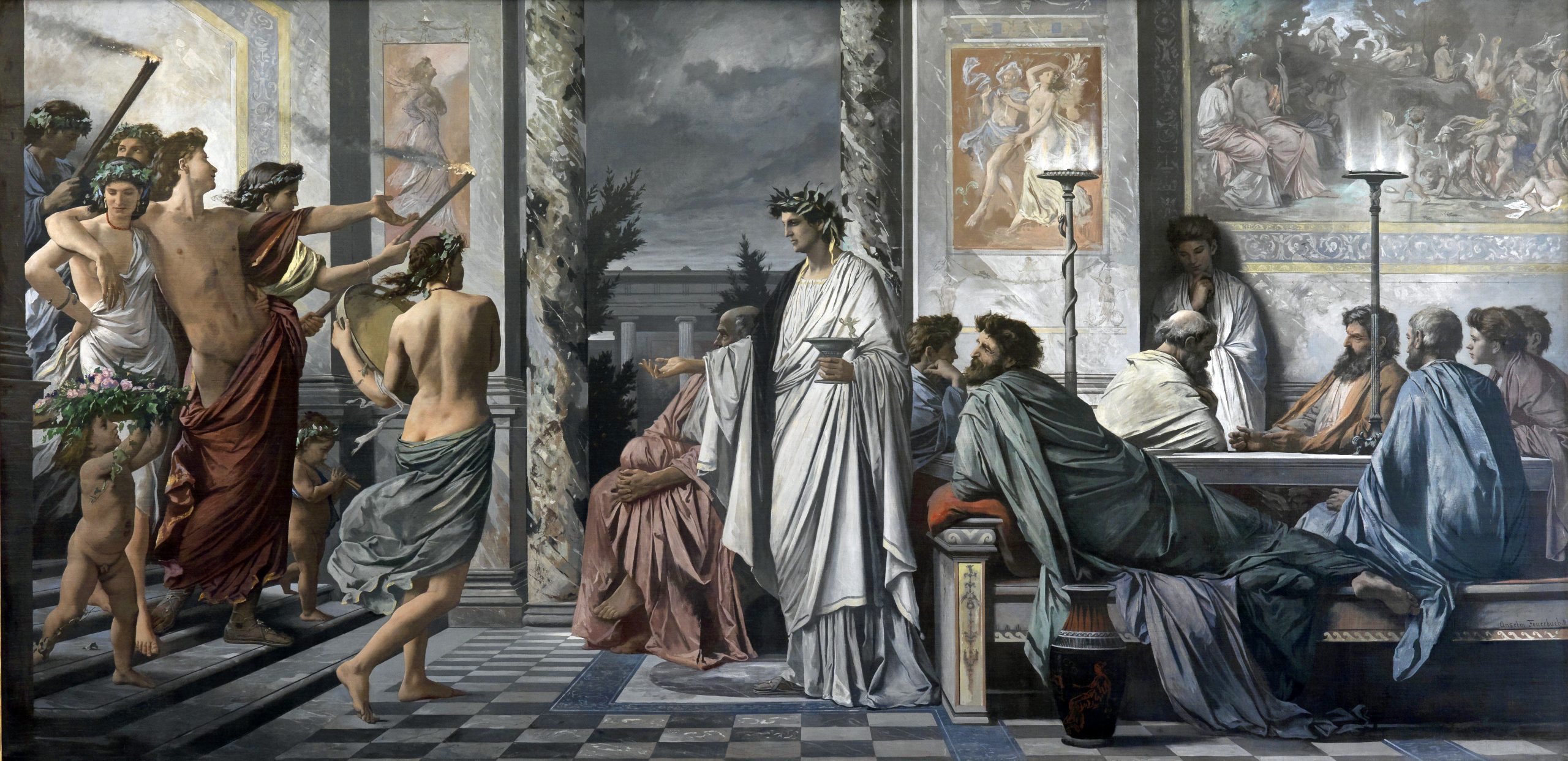
Stoic philosophy, a school of thought that teaches the development of self-control and fortitude as a means to overcome destructive emotions, has deep roots in ancient Greek culture. Sophia Weiss’s book, “Ancient Greek Mythology and Its Influence on Western Civilization,” explores how Greek myths have influenced various aspects of Western civilization, including Stoic philosophy.
Stoicism, founded in Athens by Zeno of Citium, emphasizes the virtues of wisdom, courage, justice, and temperance. It teaches us to focus on what we can control and accept what we cannot. This philosophy aligns closely with many themes found in Greek mythology, where gods and heroes often face and overcome tremendous challenges through inner strength and virtue.
One of the most significant influences of Greek mythology on Stoic philosophy is the story of Hercules. Hercules, known for his strength and heroic deeds, is often cited by Stoic philosophers as an example of perseverance and resilience. His Twelve Labors, a series of tasks that required immense strength and willpower, symbolize the Stoic ideal of facing and overcoming obstacles with courage and determination.
Athena, the goddess of wisdom, is another mythological figure that embodies Stoic virtues. Her guidance and strategic thinking in various myths reflect the Stoic emphasis on wisdom and rational thought. Stoics believe that wisdom enables us to make sound decisions and lead a virtuous life, much like Athena’s role in guiding heroes and gods alike.
The Stoic principle of accepting what we cannot control is evident in the myths of Prometheus and Sisyphus. Despite defying Zeus, Prometheus accepts his eternal punishment with duty and resilience. Likewise, Sisyphus embodies Stoic perseverance in endlessly rolling a boulder uphill. These myths underscore the importance of embracing fate and persisting in the pursuit of excellence despite adversity.
Sophia Weiss’s book, “Ancient Greek Mythology and Its Influence on Western Civilization,” underscores the enduring impact of Greek mythology on Western moral and ethical standards. These age-old narratives explore profound ethical dilemmas, providing valuable reflections on human conduct and the repercussions of our choices.
Oedipus’s tale embodies Stoic principles. Despite knowing his tragic fate—killing his father and marrying his mother—Oedipus cannot alter it. Instead of futile resistance, he confronts it with acceptance and inner strength, reflecting Stoic recognition of what’s beyond control. This underscores Stoic resilience, demonstrating the philosophy’s relevance within Greek mythology.
Greek mythology provides a rich source of inspiration for Stoic philosophy, offering timeless lessons on virtues such as courage, wisdom, justice, and resilience. Sophia Weiss’s book, “Ancient Greek Mythology and Its Influence on Western Civilization,” delves into these connections, showing how ancient myths continue to influence modern philosophical thought. By embracing the lessons of Stoicism and Greek mythology, we can lead more balanced, virtuous, and fulfilling lives.
Explore the intersection of Stoic philosophy and Greek mythology to find guidance and inspiration for your life. Sophia Weiss’s insightful exploration of these ancient stories provides valuable lessons that are as relevant today as they were in ancient times. Embrace the wisdom of the Stoics and the enduring power of myth to enrich your journey toward personal growth and ethical living.